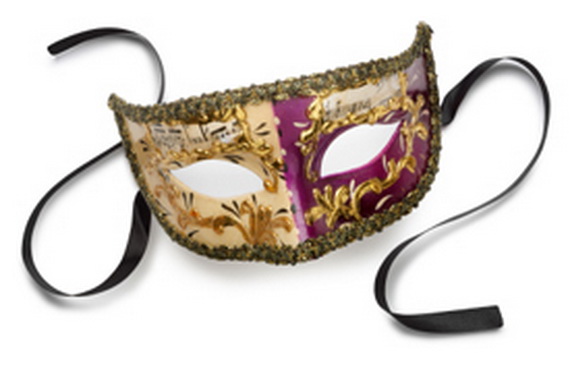
Do you ever feel in the deepest recesses of your heart that you are an imposter? That the image that you are portraying to the world is not who you really are? That you have managed to successfully fool the world about who you are or your talents? That at any time someone is going to come and expose you for fraud you really are?
A study in the UK found that 85 percent of people suffer from Imposter Syndrome. Studies further show that imposters’ exist in every arena of life. Doctors, lawyers, professionals of all stripes. Rabbi’s included :-).
One can simply dismiss this is as low self-esteem (and they might not be wrong) but there is a deep lesson in personal development to be taken by exploring this a bit further.
There is nothing wrong with having a little imposter syndrome as it keeps us humble and keeps us sharp. However when it starts to impede on our life and stop us from being truly happy then it has gone too far. The further danger is that many (most?) people, rather than look at their imposter syndrome as a motivation for personal growth, they look at it a sign of weakness and they combat it as much as possible. Their fear of being exposed is so great that they will do anything, including lashing out at anyone and everyone who dares to expose them. In fact, they will lash out at anyone who they fear will expose them when often this person is not even thinking about them, and is merely a figment of their imagination….
***
This, I posit, is the essence of the Story of Purim.
It started with Hamen and his extreme overreaction to Mordechai’s refusal to bow down to him. While bothersome and offensive, this should not have generated such an intense hatred for not only Mordechai, but the entire Jewish people, men women and children. This genocide that he planned was a distraction from his efforts to consolidate power for himself. Yet he pursued this vigorously as his imposter syndrome was deeply triggered by Mordechai.
Mordechai’s not bowing was more than a generic respect for the prohibition of bowing to Idols. To Hamen it signaled that people (mordechai) could see through the mask of his insecurity. It meant that while he represented evil and power, others, a holy sage in Persia wasn’t impressed with him. In fact he was so unmoved by him that he didn’t even look up from his (holy) book that he was studying to bow to him. This triggered Hamen so deeply that he needed to eradicate Mordechai and all that he represented.
For the Jewish people too, there was an element of Imposter Syndrome at play as well. If they had the strength of conviction and security to know who they really are – proud Jews – and not try so desperately to fit in, the Hamen’s of the world would have no power over them. This is why their attendance at Achashverosh’s feast was so troublesome. Not because the food wasn’t kosher, because it was, their attendance highlighted their Imposter Syndrome insofar as they should not have needed validation from their Persian neighbors to confirm their identity and self worth.
They should have been confident with who they were as Jews to say, have fun at your party, but I have different values. This is, in fact, the story of our people throughout all of history. Every time we as Jews try to fit in, it not only doesn’t endear us to our host countries, it actually bothers them. The world respects Jews when Jews respect Jews. When we are confident and secure in our Jewish identity.
Alas, the story ends well. Mordechai is able to generate the Jewish enough Jewish pride, with the help of the school children – as is always the case, if you can get the kids on board the adults follow – and with fasting, prayer and of course the interceding of Esther the queen, the true imposters are exposed for the frauds that they are, and the insecurity of the Jews is removed and we eat Hamentashen, drink and are merry to celebrate this occasion.
My thanks to Rabbi YY. Jacobson for his insights upon which this essay is based.
Blog 50/52 Photo Google